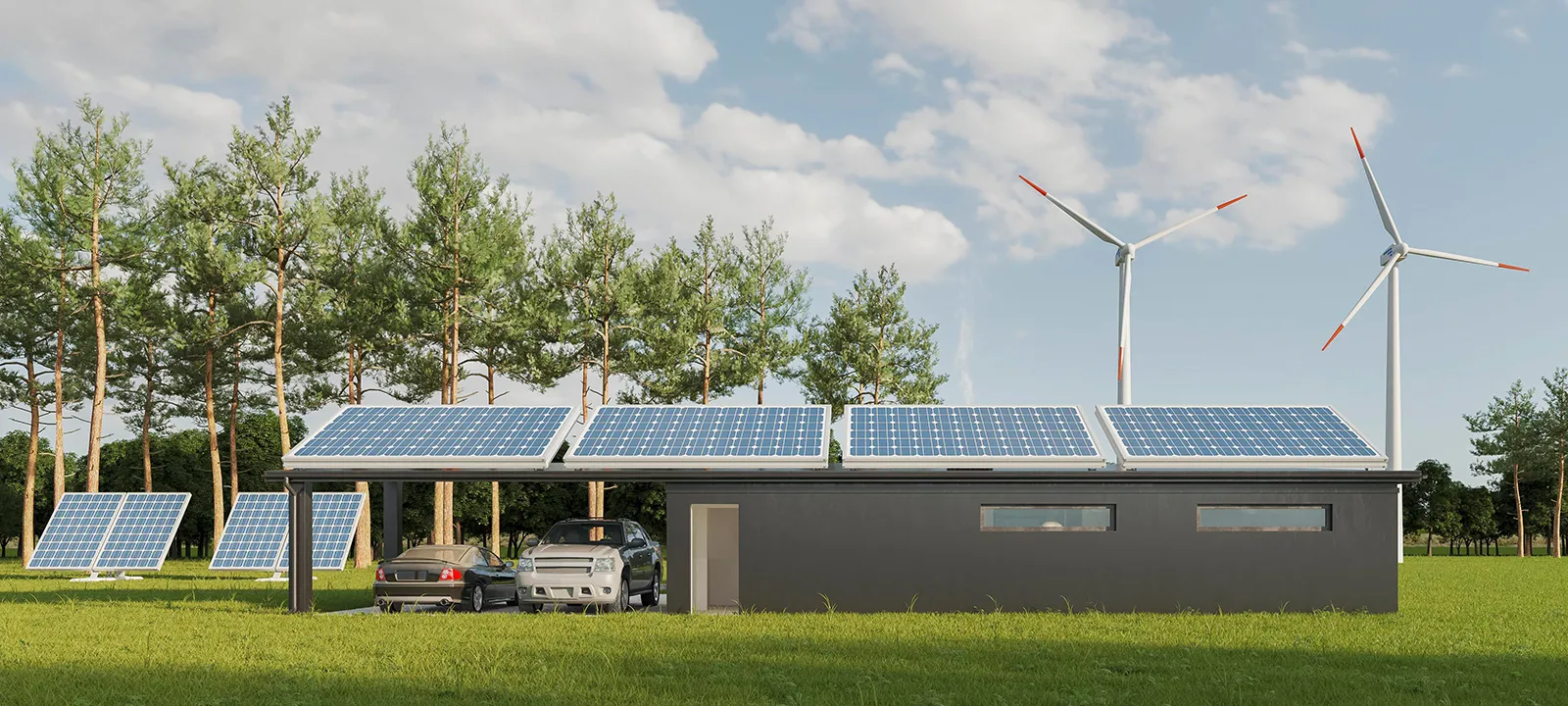A look at how rural communities embraced solar power to gain energy independence and improve quality of life.


Access to solar energy unlocked new opportunities: schools could run digital learning tools, health clinics could refrigerate vaccines and operate medical equipment, and entrepreneurs could power machinery, irrigation, or refrigeration for their businesses. In many villages, productivity, safety, and quality of life improved dramatically.
Financing played a critical role in adoption. Innovative models like pay-as-you-go solar allowed families to install solar home systems with low upfront costs, repaying gradually through mobile payments. This made energy access affordable for low-income households, replacing harmful kerosene lamps and diesel generators with clean, reliable lighting and power.
In many rural areas, unreliable or nonexistent electricity access continues to hinder economic development, education, and quality of life. To address this challenge, a growing number of communities have embraced solar energy as a clean.

In many remote and rural regions, access to reliable electricity remained limited or entirely absent. Dependency on diesel generators and firewood caused:
A decentralized solar energy program was introduced to provide clean, affordable, and scalable energy to off-grid communities.
Energy storage systems ensured power availability during nighttime.
Community members were trained in solar system maintenance.
Flexible financing and mobile-based payments.
The implementation of UrbanNest Home’s green logistics strategy delivered measurable and lasting results. Most notably, the company achieved a 40% reduction in carbon emissions from last-mile deliveries.

Anita Deshmukh has been instrumental in expanding clean energy access to underserved rural areas through the SunVibe Foundation. Under her leadership, the foundation implemented scalable solar microgrids, trained local technicians.
Let’s work together to reduce emissions, optimize your operations, and make a positive impact on the planet.
Talk to our experts